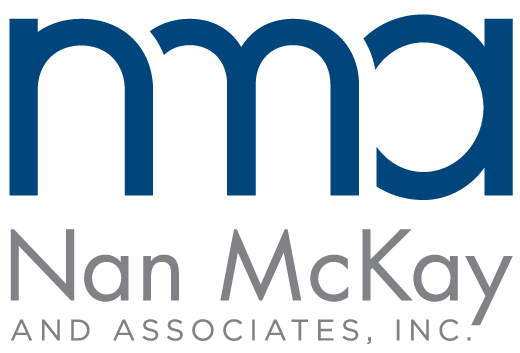How to meet your community's LEP needs: Tip #3
 Tip #3: Determine the costs and availability of additional necessary language resources.
Tip #3: Determine the costs and availability of additional necessary language resources.
Budgets are tight for everyone, and many agencies feel like they don't have the money to meet their LEP obligations. However, the requirement to provide meaningful access to LEP individuals isn't going away. This obligation will be a financial commitment for your agency, but there are steps you can take to make sure you're spending the money wisely.
When considering the costs of providing meaningful access, your agency should ask itself one key question: "Which program elements are the most consequential for families?" Compare the importance of the activity with the cost and resources required to provide the LEP service. For example, the needs of an individual participating in a hearing to determine their continued eligibility for the program will be different than the needs of someone participating in a community event.
Once you've made the other considerations we've discussed so far (see Tip #1 and Tip #2), your agency will have a better idea of which resources to focus on. In general, the two types of services you'll use will be oral interpreters and written translations.
The extent to which these tools are used, and the speed at which they are offered, depends in large part on the nature of the service being provided. Of course, your agency needs to ensure that these services are accurate regardless of the situation in which they are used.
Next: How to meet your community’s LEP needs: Tip #4
Becky Gligo has been a trainer and consultant at Nan McKay and Associates since 2008. She trains hundreds of housing authority staff each year, both in open enrollment and onsite trainings. Ms. Gligo is one of NMA's primary fair housing experts.
Do you have concerns about whether or not your agency is compliant with federal fair housing law? Nan McKay and Associates can help. Email sales@nanmckay.com for more information.

